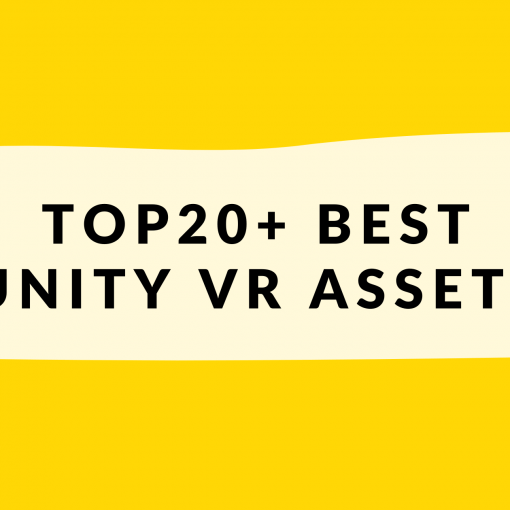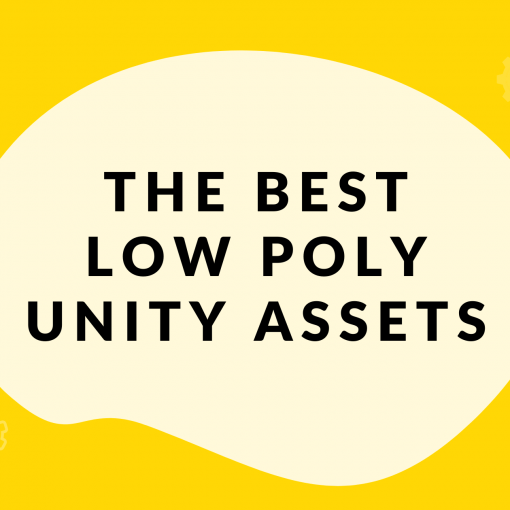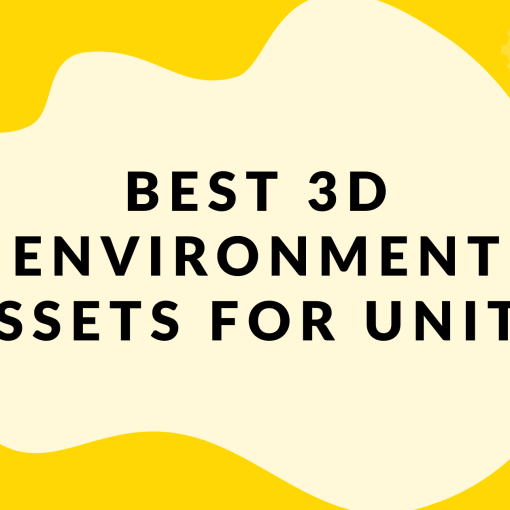You already have a game idea & prototype so now it’s time to think about a pricing model for your game. Why now you may ask? Because it’ll highly impact your next steps as developing paid & free games vary a lot. So let’s take a closer look at the most popular pricing models for mobile games.
POPULAR PRICING MODELS FOR MOBILE GAMES
Freemium Model
Free + Premium = Freemium. Right now it’s the most popular model for mobile games. In this approach, the game is made available to download for free, has in-app purchases (IAPs) and probably ads. When you decide to release your game using this model, you need to figure out how to monetize those ads and IAPs properly.
Common ways to monetize the freemium game
- Showing Ads + IAP to remove them
- Implementing renewable energy that is needed to perform an action & IAP to buy it instantly
- Implementing coins that player can collect and spend on buying skins, better items, etc & IAP to buy the whole bunch of them
- Offering premium content available only after certain IAP purchase
Implementing those above can be very time-consuming. To do it properly they must be tightly integrated into the game’s flow, mechanics, game loops, etc. Everything to maximize revenue and added value for the player. To save some time you can use this asset:
Freemium model advantages
- Low entry barrier, more players (people love free games)
- A simple, catchy idea may be enough
- High money-making potential if handled properly
- Easier to go viral due to lack of entry barrier
Freemium model disadvantages
- Huge competition
- Retention is crucial
- Lots of things to measure, optimize and tweak to maximize revenue
- Potentially lots of SDKs and backend services to integrate (ads, analytics, payments, etc.)
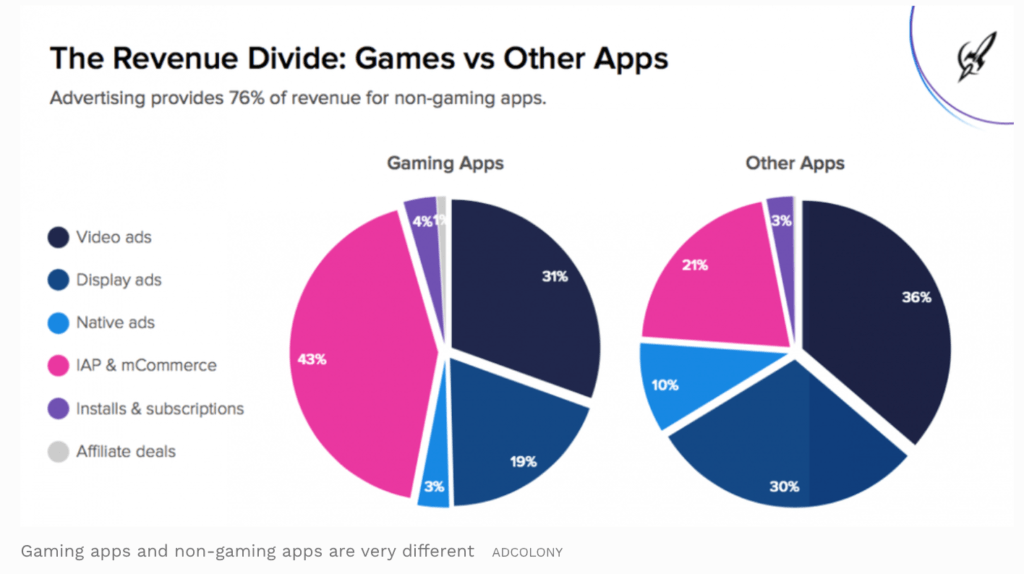
Source: AdColony via Forbes
So far we offer three freemium games: Between The Walls, Ballz Invaderz & Whack-A-Tile. All of them offer noADS in-app purchases. It’s really hard without a huge advertising budget to maintain a steady number of players. Between The Walls & Whack-A-Tile have been lucky and been featured on the App Store. During these featured weeks, we’ve experienced a large increase in the number of players. But right after – a huge drop. Ballz Invaderz – epic fail considered by a number of downloads. 🙂 From our experience – it’s really hard to stand out with freemium games as a small indie.
Premium Model
In this model, the game is sold for a specific price. In order to play it, users need to buy it first. When you decide to release your game using this model, you need to deliver enough value for the player to justify the purchase upfront. The better you do it the more money you will earn.
Paid games usually don’t get as many downloads as freemium and they are not that popular. For players, the undeniable advantage of paid games is that they pay once and receive whole game content, without ADS or in-app purchases.
You, as a game developer, have to make sure that your game is really good if you want to convince players to buy it. It has to look good and be good. First, it has to make a good impression on the store page because people will decide there whether to buy the game or not. Icon, trailer and screenshots – all of these must be top-notch. The game also must deliver a great experience and can’t let players down. Otherwise, they won’t be happy about the money spent and probably will get a refund or rate the game low.
Remember that most often you only get one chance while releasing a premium game, so a big initial release is important.
Premium model advantages
- Build and forget – make the game the way you want it, market it properly and you can earn right away even if the game is not played
- Less competition compared to freemium segment
- You can make sales like 50% or 100% off to get more players without spending money
Premium model disadvantages
- You can only monetize once – no way to get higher ARPU
- Requires more polish for the first public release
- Potentially longer production time
- Higher entry barrier, less players
Crazy Oyster Games offers two paid games: ShapeOminoes and Isometric Squares. Personally, we prefer this pricing model. Why? Because these two games brought us more profit than the rest. 🙂

OTHER PRICING MODELS FOR MOBILE GAMES
Freemium & premium are definitely the most popular pricing models but there are others, not that popular. We’ll talk about them very briefly.
Subscription
Subscription is a model where a player is obligated to pay a monthly fee and a company has to provide regular updates and new, good quality content. It is essentially “game as a service” model similar to software as a service like Netflix or Spotify.
Free games
Well… they are just free. Without any ADS, in-app purchases, etc. I can’t even remember many of the names in this category, only Data Wings and PewPew without looking on the Internet for more.
Paymium
It is a combination of premium and freemium models. Users pay to download a game and have an option to buy additional features, content, etc. through in-app purchases.
Fun fact: two of our free games and one paid were featured. Each time we experienced a large increase in the number of players. The difference was by a factor of ten in favor of free games. But ultimately we earned more by selling paid games to fewer people rather than on ads and in-apps purchases which were shown to a bigger audience.
Finally, let’s look at two more charts. The first one is “Top grossing iPhone mobile gaming apps”. Most popular games? No surprise – all using the freemium model. Although I’m really surprised that Pokemon Go is still in the first place. 😉
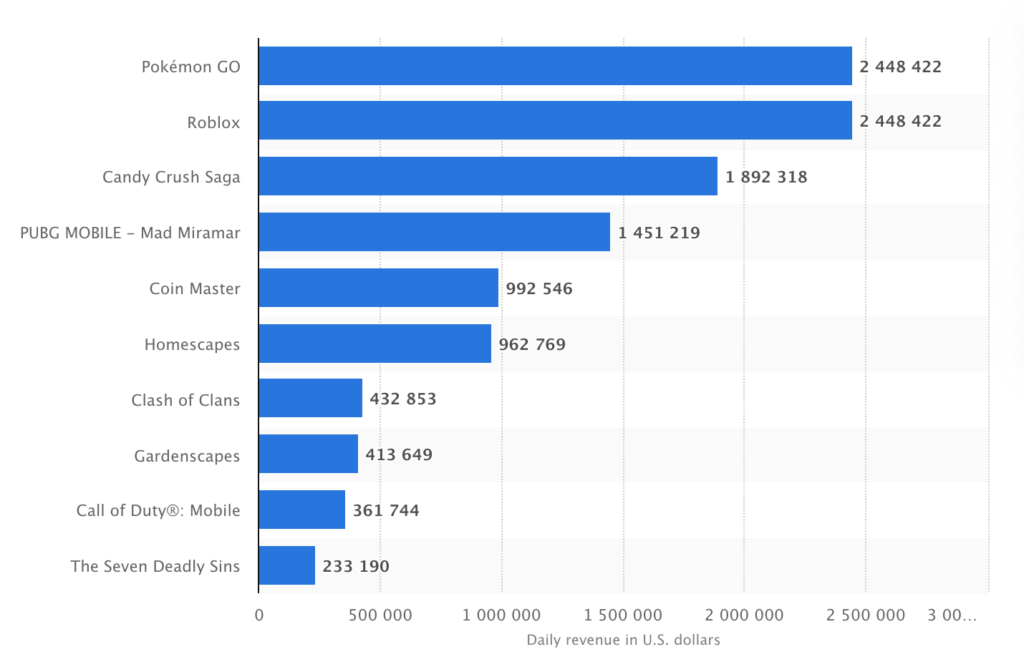
The other one shows how the popularity of the games has been changing in 2015-2019. Again no surprise – freemium games.
Summing up
Choosing the best pricing model is a huge decision for any developer. Each of them has its own advantages and disadvantages and in the end, it comes down to what kind of game you have and what you want it to become. It’s up to you which model you will choose. We believe you’ll choose the best one for yourself. 🙂
Good luck!
Dive into various parts of mobile games marketing, create your own marketing strategy and make your game as successful as it can be. 📈🤩
All graphics designed by stories / Freepik

